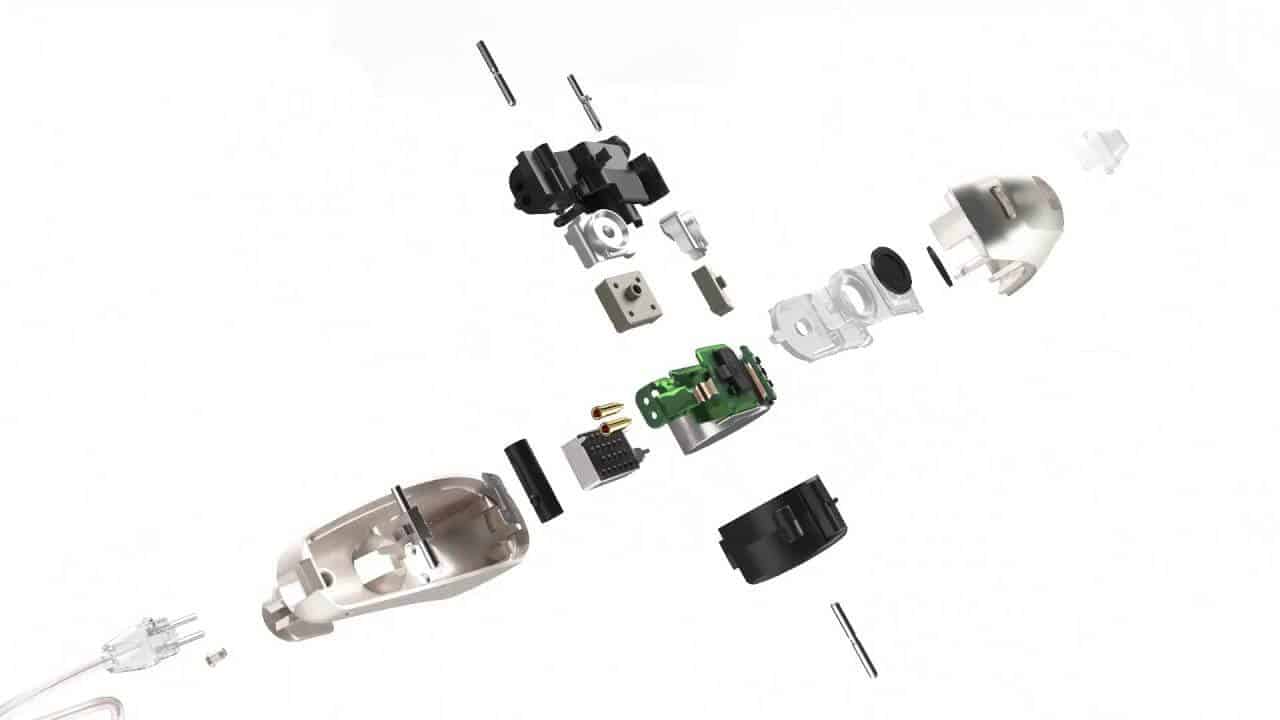Financing
Financing
Hearing aids help people with hearing loss connect with the world around them. When it comes to assessing the cost of hearing aids, it’s important to consider their price as an investment in your health and quality of life.
Our audiologists are committed to offering you quality care and helping you find the right hearing solutions for your lifestyle AND budget. With our full selection of hearing aid options from the industry’s most reliable brands, we can help you find the right devices and financing for your needs.
At Coweta Hearing & Balance Clinic and Fayette Hearing Clinic, we have 0% financing plans, payment assistance options for those who meet certain income requirements, and low-cost hearing devices that allow anyone who wants hearing help to find affordable solutions. Our hearing aids start at a cost of $499.00 each.
Does Health Insurance Cover Hearing Aids?
Medicare hearing aid coverage?? In the most recent draft released by the House Rules Committee, starting in 2024, Medicare will pay $1000.00 per member toward hearing aids every 5 years, but only for members who are diagnosed to have a severe to profound hearing loss. We will keep this page updated with any changes or revisions that occur.
Therefore, the best thing to do is to schedule a hearing test to determine if you have a hearing loss and if the hearing loss is treatable with hearing aids. At that time, we can then call your insurance to determine if they provide any coverage for hearing aids. Also during testing, we may find that your hearing loss is best treated with medication or surgery which is usually covered by insurance as well.
In addition, if you are currently working, your employer may offer a flexible spending account as part of your health package. Flexible spending accounts let you save money, tax-free, for health-related expenses.
What Does Your Financing Look Like?
We have 0% financing plans for 6, 12, and 18 months or low-interest payment plans from 24-60 months. Hearing aid financing can come from working with a savings budget, or from opening a credit account with a period of low interest. Plans that draw from several resources are common and can be worked out to help accommodate most situations.
On both national and state levels, cost assistance programs can assist eligible applicants with the cost of hearing aids. For workers whose employment may be jeopardized without assistive hearing aids, some vocational rehabilitation programs may be available to cover costs. We are happy to help you find and connect with programs you may be eligible for.
Leasing: You can lease a pair of PREMIUM hearing aids for 184.00 a month all the way down to a pair of BASIC hearing aids for 99.00 a month. Get peace of mind for 3-4 years (your choice) and get new technology at the end of each lease!
The Hidden Cost of Untreated Hearing Loss
Sometimes the cost of purchasing hearing aids can seem daunting, however the hidden costs of not treating your hearing loss are often far greater. Untreated hearing loss increases your risk of suffering from anxiety, depression, isolation and dementia as well as an increased risk of falling injuries. Recent studies have shown that hearing loss, when left unaddressed, result in medical expenses 33% higher than the medical expenses of people without hearing impairment. Additionally, workers with untreated hearing loss earn, on average, $12,000 less annually than their peers without hearing difficulties.

We at Coweta Hearing & Balance Clinic and Fayette Hearing Clinic are ready to help you start hearing your best. Our audiologists know that finding the right solution for your health means working with you to make sure your hearing aids are financially accessible (see our financing page). Once we have identified what hearing solutions are appropriate to address your hearing impairment and lifestyle, we will work with your budget to find devices that best fit your needs.
Why Are Hearing Aids Costly?
Modern hearing aids are amazing accomplishments of engineering that incorporate responsive digital technology and sound processing into small, sturdy, discreet devices. When you invest in quality hearing aids they not only make use of this technology, they are also fitted and programmed to best suit your specific hearing needs.
Hearing aids are also being built to be more adaptable to the demands of everyday life. The past few years have brought the advantages of smart technology to hearing devices. Hearing aids that integrate smart technology can stream audio and alerts from smart phones and other devices in your home and workplace as well as help you adjust your hearing settings from your phone. Other huge advancements like completely waterproof models and devices with long-lasting rechargeable batteries are also on the market.
Choosing features on your hearing aid that are best suited to help you meet your life’s demands will make adapting to your new devices smoother. A quality hearing aid with well-selected features can make the rehabilitation of your hearing easier and more enjoyable. Even if the most basic hearing aid model is the right choice for you, it is important to choose reliable technology and invest in quality hearing products to get the most from your hearing.

